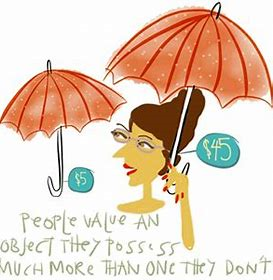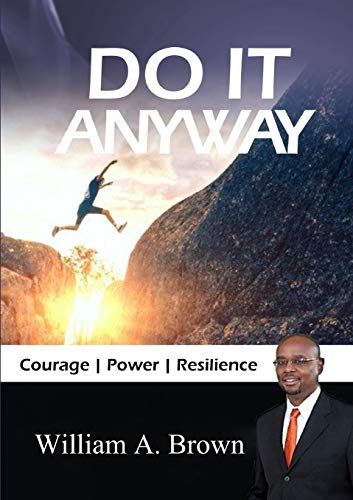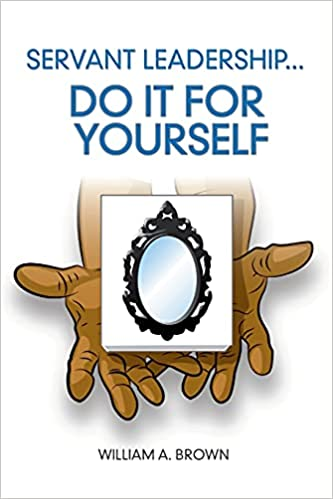Article-Detail

Their Precious Possessions
Aristotle once wrote, "For most things are differently valued by those who have them and by those who wish to get them: what belongs to us, and what we give away, always seems very precious to us." Essentially, what he is describing in The Nicomachean Ethics book IX is what psychologists today call The Endowment Effect. Also referred to as the mere ownership effect, describes the hypothesis that people acribe more value to things merely because they own them. Usually, once you own or have something you tend to overvalue it even if it were given to you at random or just minutes prior to an offer to trade for it. In a very popular experiment, people were borught into a room and given an opportunity to choose either a chocolate bar or a coffe mug. Then they were asked to take a seat. They were then asked if they were willing to trade their selection for the other option or what they'd be willing to accept for it. It was usually twice the value of the item they selected. In a variation of the same experiment, people were brought into a room and were given a choclolate bar or coffee mug at random, the results were the same. Once people took ownership, they were unwilling to trade until the offer hit about twice the value of their item.
In a second experiment, college students were given the opportunity to be part of the development of an advertisement. They were shown the ad and asked for their input. Shortly after that, they were shown the very same ad and asked to grade the 'final product'. People who were given input on the sad, even though no changes were made, graded the ad more favorably than people who had no input. The conclusion? People rank things more favorably if they feel as if they had some influence on its development or selection. The endowment effect plays itself out especially vividly in politics where, during an election cycle, people defend or make apologies for their candidate and demonize the other. Furthermore, once a candidate is elected, they are seen by their constituents as 'theirs' giving them the incumbent's advantage in future elections. Defeating an incumbent in an election is especially difficult due mainly to the endowment effect, people's tendence ot see that elected official as 'theirs'. Unfortunately, the endowment effect is at work in abusive relationships, bad jobs and your favorit (way past its prime) slogan t-shirt.
The endowment effect is also important in hiring and retention. If you are a leader who is in charge of hiring, evaluating or retention of employees you must be aware of the endowment effect. People will want to be on the panel because they feel as if they are especially insightful or will work more closely to the selected candidate. The people in the room are important, not because they are more taleneted at selection, research says that individuals are no better at these selections than a coin flip. You want the right people in the room because of the endowment effect. Because certain individuals are in the room giving input on the selection, they will support the final candidate. The endowment effect plays a role in the success of the person you select because people in the room will be more likely to defend them and want them to succeed once they are in place. This support is essential especially during the first six months whie the candidate gets acclimated to their new surroundings. Bosses are also influenced by the endowment effect. Numerous studies have revealed that a boss is far more supportive of an employee they chose as opposed to someone they inherited.
Espeically problematic is a senior leader who takes ownership of a bad boss. When this happens, senior leaders will support, defend and keep an incompetent bully in place in spite of th the problems he causes in the organization. Problems will be minimized, and will go uninvestigated because to admit the problem would reveal poor judgement on the part of the senior boss. What happens is people do not take ownership or organization and are likely to allow problems to flow to the boss and they are more likely to use company time in pursuit of other employment. Usually, it isn't until way too late that this boss is able to overcome the endowment effect and act. In most cases, it costs both people their jobs before they are able to take an honest, reflective look at the situation. It isn't something that only effects some people some of the time, the endowment effect is always at work and needs to be managed all the time.
When a good choice is made and the person selected is a good fit, the endowment effect goes a long way to support that candidate through the transition period and to a place where all in the organization takes ownership. The group will support the leader and in return the will support the people. The team will be open and able to solve problems without undermining each other for resources. Further, you won't have to worry about people underming the boss or the organization or conspiring to leave. So heed Aristotle's admonition that what belongs to us is precious, use the endowment effect to your advantage, and your organization will SOAR!
William A. Brown
June 2, 2019




